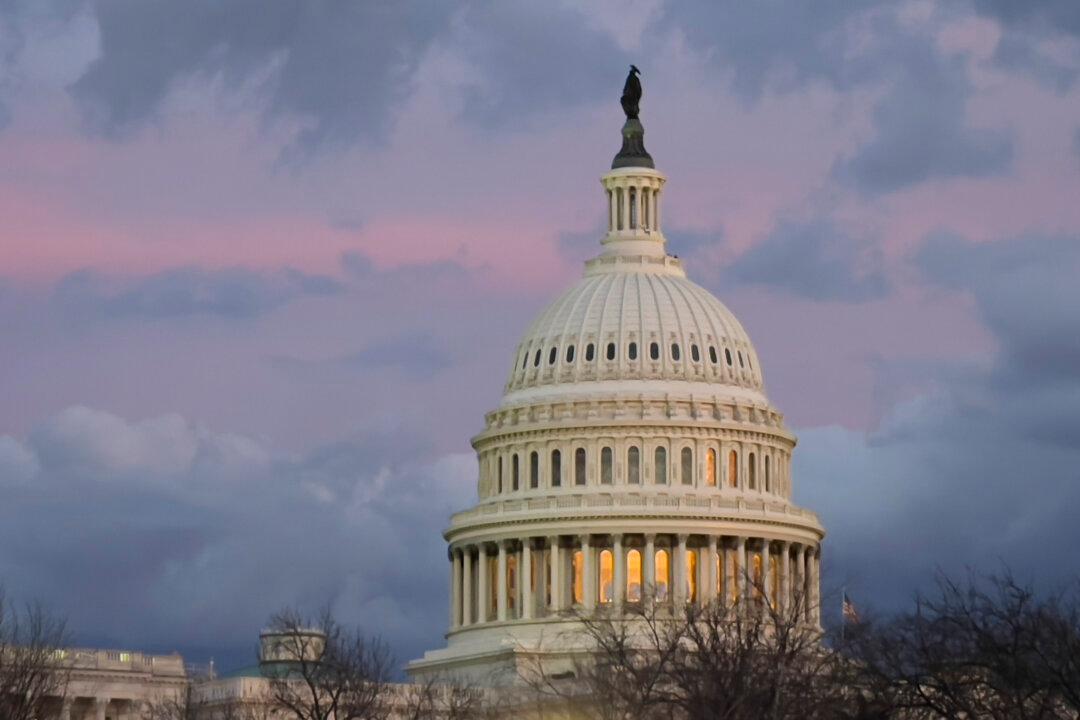The House approved a bill on Jan. 31 aimed at providing tax relief for families with children and for small businesses.
The final tally for the 83-page measure, which would give $78 billion in tax relief to those groups, was 357–70 as 169 Republicans and 188 Democrats voted in favor while 47 Republicans and 23 Democrats voted in opposition. The legislation needed to pass with at least a two-thirds majority.





